Gold Stars
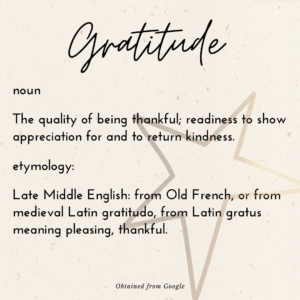 A gratitude practice became a part of my life a handful of years ago. At the time I started this practice all I could see was everything that was “wrong” in the world. I was wasting so much energy on what didn’t appear to be “right” and was looking for a way to shift that energy into something productive. Someone suggested that I cultivate a gratitude practice to shift my attitude and view of life. They challenged me to see the flowers on the wallpaper rather than focus on the cracks in the plaster.
A gratitude practice became a part of my life a handful of years ago. At the time I started this practice all I could see was everything that was “wrong” in the world. I was wasting so much energy on what didn’t appear to be “right” and was looking for a way to shift that energy into something productive. Someone suggested that I cultivate a gratitude practice to shift my attitude and view of life. They challenged me to see the flowers on the wallpaper rather than focus on the cracks in the plaster.
I am a researcher, so I started this work by reading a few books on gratitude (365 Thank Yous: The Year a Simple Act of Daily Gratitude Changed My Life and The Gratitude Diaries are two books I recommend on the subject). This led me to add some basic gratitude practices to my life. I started sending thank you notes on a regular basis to my friends and family (the Dollar Store has a good selection of Thank You cards that work perfectly for this). I sent thank-you notes for gifts, phone calls, kind words, friendship, and just to let others know that I thought they were awesome. I also wrote a few things I was thankful for each day in my journal. This helped me to spend time acknowledging the good things present in my everyday life.
As time went on, I started to see all the things there are to be thankful for, even on the crappiest of days. The hot cup of tea in the morning, the car that starts without issue, a clear, star-filled night sky, indoor plumbing on the coldest days during the Minnesota winter. I discovered that there is ALWAYS something to be thankful for and nothing was too small for gratitude. Over time, I realized it was the little things that could get me through the hardest of days.
My gratitude practice has grown over time. Early in the pandemic, a good friend of mine and I started ending our conversations by sharing “good things” in our lives. Hearing what she is thankful for has helped expand my view of all the things available to be grateful for in the world.
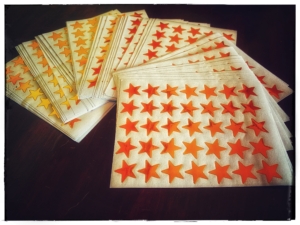 About halfway through lockdown in 2020, I decided to add something else tangible to my gratitude practice, so I brought the gold star back into my life. This was a simple, visible, and slightly quirky way for me to show gratitude to myself and those around me. It was also a way to spread a little childhood joy in the grind of adulthood.
About halfway through lockdown in 2020, I decided to add something else tangible to my gratitude practice, so I brought the gold star back into my life. This was a simple, visible, and slightly quirky way for me to show gratitude to myself and those around me. It was also a way to spread a little childhood joy in the grind of adulthood.
Many of us may be most familiar with the use of gold stars in the classroom. Gold stars would come to us on the top of an assignment we completed well, on a chart posted in the front of the classroom for good behavior, or in a loose form so we could put it on the front of our notebook or wear it on our shirt and show everyone how awesome we are. As a child, we loved to get those gold stars. It told us we had done something good and someone noticed our efforts and work. It was gratitude in a tangible form.
The gold star provided me with something visible to brighten up the day and restore some innocence to the challenges of 2020. I started sending gold star emojis and animations to friends via text for a job well done. I found some puffy gold stars at JoAnn’s and used them to decorate the inside of thank you cards. I ordered gold star stickers to share and included a sheet of them for each person in every family to whom I sent Christmas cards. It was fun sharing this simple joy. I wanted others to know that I saw them, I saw the good they were doing, and I thought they were awesome. Some of my family and friends commented on how the gold stars made their day. They too were taken back to the joys of receiving a gold star from their teacher for a job well done. I hope they shared their gold stars with others and kept spreading the gratitude. I have decided to keep a supply of gold stars on hand and bestow them to people on a regular basis as a way to say “thank you.”
There is an old story told by many indigenous tribes in North America that talks of a grandfather telling his grandson that there are two wolves fighting inside each of us. One wolf is evil and one wolf is good. The grandson asked his grandfather which wolf will win this battle. The grandfather said, “The one that you feed.”
I chose to feed the good wolf with gratitude and it was so simple to do. It can be shared through a symbol like a gold star or a thank you note, but it can also appear in less tangible forms: a pat on the back, saying thank you, or a kind smile to a stranger while shopping. There is no limit to gratitude. It never runs out and it costs us nothing to share.
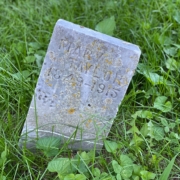 © 2022 Catherine Haslag, All Rights Reserved
© 2022 Catherine Haslag, All Rights Reserved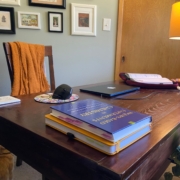 © 2023 Catherine Haslag, All Rights Reserved
© 2023 Catherine Haslag, All Rights Reserved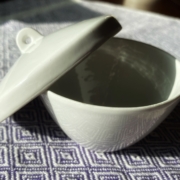 © Catherine Haslag
© Catherine Haslag © Catherine Haslag
© Catherine Haslag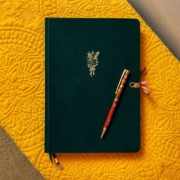 © 2022 Catherine Haslag, All Rights Reserved
© 2022 Catherine Haslag, All Rights Reserved
 © Catherine Haslag
© Catherine Haslag © Catherine Haslag
© Catherine Haslag © Catherine Haslag
© Catherine Haslag © Catherine Haslag
© Catherine Haslag